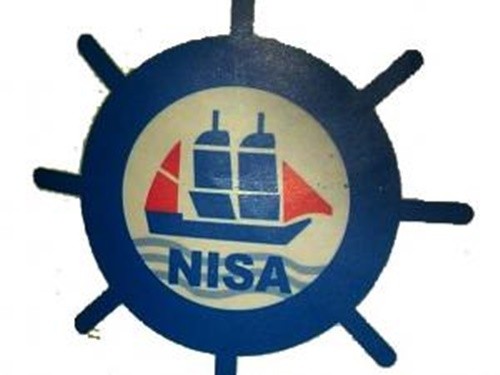
Our Projects are
Transforming African Trade
Quick Contacts
2nd Floor, Fidelity Insurance Centre Waiyaki Way, Westlands

Determined to boost trade in the continent, the African Shipowners Association has concluded plans to establish African Shipping Lines in the first quarter of 2024.
The Secretary General of the African Shipowners Association, Funmi Folorunsho, disclosed this at the just-concluded 43rd Annual Council meeting of the Port Management Association of West and Central Africa in Lagos.
Folorunsho said that the move would enhance maritime transportation and boost intra-African trade.
She said the strategic initiative aligned with the African Continental Free Trade Area Agreement’s objectives of fostering economic growth and logistical efficiency throughout the continent.
Folorunsho outlined the comprehensive blueprint for the Africa Shipping Line, emphasising the need for a robust fleet.
The African Shipowners scribe revealed the targets, which included a 188 per cent increase in bulk vessels, and a planned 180 per cent surge in container vessels.
“This expansion aims to accommodate the anticipated surge in maritime transport volume, projected to soar from nearly 58 million to 131.5 million tonnes,” she said.
Speaking on the mechanism for financing the project, she said it included tapping into funds generated through the AfCFTA African Cargo for Africa Ships programme.
According to Folorunsho, this includes engaging the private sector, collaborating with the African Export-Import Bank, and exploring partnerships with existing shipping lines in Africa.
She further underscored the broader impact of the proposed Africa Shipping Line on economic and logistical fronts.
She noted that in 2019, 65 seaports were connected by 142 links, accounting for 22.1 per cent of intra-Africa freight transport demand.
Folorunsho explained that with the expected surge in maritime transport volume, the total maritime transport share was projected to increase to 22.7 per cent, unlocking substantial opportunities for economic and logistical growth.
Read original article
Disclaimer: The views and opinions expressed in this article are those of the authors and do not necessarily reflect the official policy or position of TradeMark Africa.